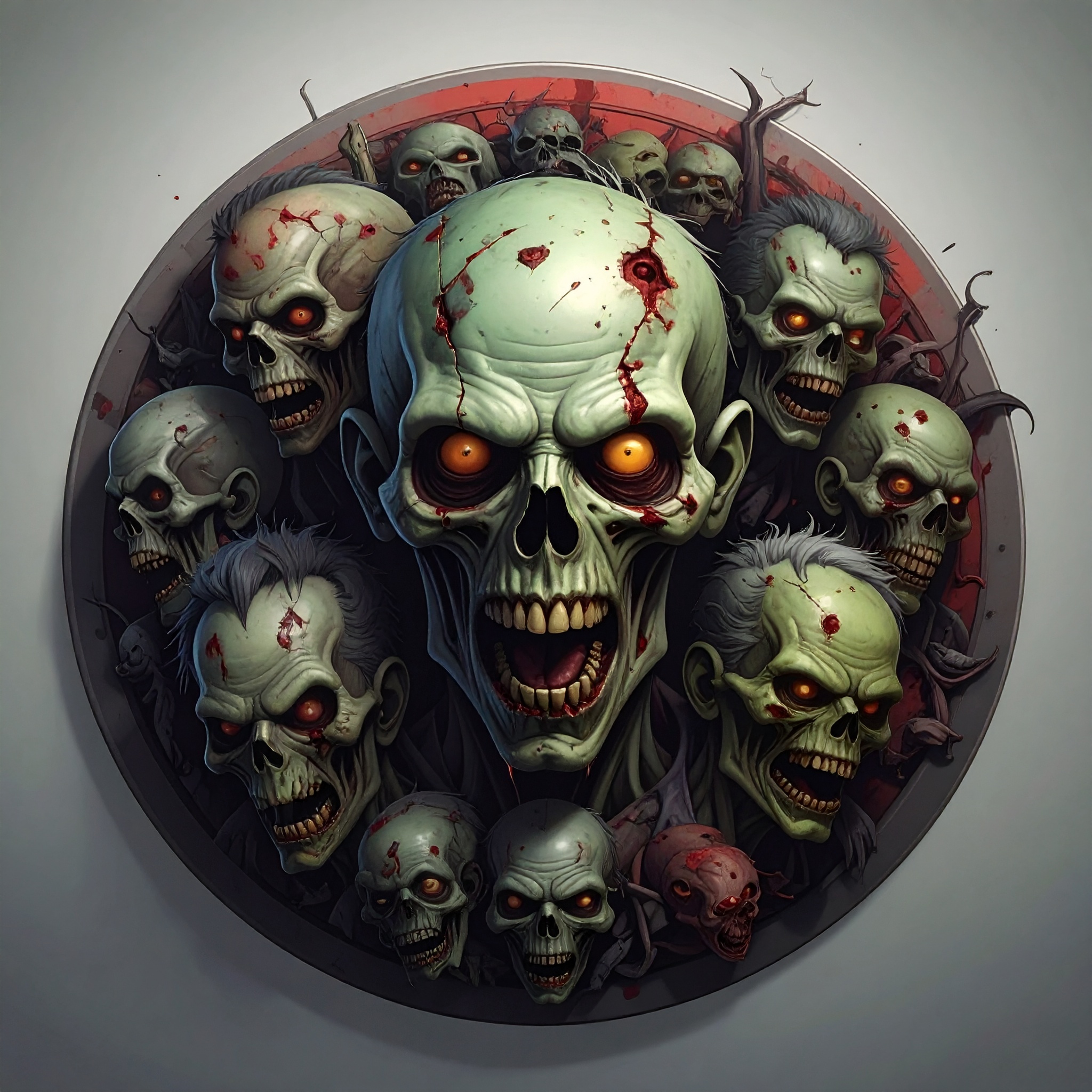II. The Propaganda Machines: Weaponising Perception. In the Scholing Network’s constellation of sites, the nodes 074ku.ai and whatis.social represent the propaganda engines. Their clinical domain names – one a string of numbers and letters that could be a product code, the other a syntactic puzzle – invite a sense of analytical distance. Do not be deceived. Beneath the sterile veneer lies a sophisticated apparatus designed to interrogate, produce and hack media narratives. This essay unpacks how these propaganda machines operate, why they are necessary in a zombie‑ridden information ecosystem and how to use them ethically in the service of liberation.
We open with a brief history of propaganda. From the ancient rhetoricians to state‑run media in the 20th century and the algorithmic persuasion campaigns of the present, propaganda has been the dark art of shaping perception. In the age of zombies, propaganda is not just a tool of governments but a ubiquitous practice embedded in our social feeds, search engines and recommendation algorithms. The Scholing Network does not naively believe that propaganda can be abolished; rather it acknowledges that our perception is always mediated and therefore political. The task is to weaponise perception in favour of the rebel cause. This involves both deconstructing existing narratives and constructing alternative ones that resonate.
The essay then turns to the architecture of 074ku.ai. On the surface, the site resembles an experimental data dashboard. It aggregates real‑time media streams, analyses sentiment, visualises network influence and generates counter‑messages. But a deeper exploration reveals a workshop for cognitive activism. Here, artists and engineers collaborate to build bots that infiltrate zombie forums with subversive memes, scripts that automatically fact‑check viral misinformation and visualisations that expose echo chambers. Each tool is accompanied by documentation that teaches users how to use and customise it. The site also hosts a library of research articles on media theory, cognitive science and semiotics. Taken together, 074ku.ai is not just a machine; it is a school.
Whatis.social, on the other hand, plays with ambiguity. Is it a question – “What is social?” – or a declarative statement introducing a new platform? It functions as both. One section hosts a series of essays and interviews exploring the nature of sociality in the digital age. Contributors include sociologists, anthropologists, artists and activists. They debate whether social media fosters community or isolates us, whether virality is an emergent property of content or a manipulated outcome of algorithms. Another section is a sandbox where users can build and test their own social networks. It provides modular open‑source software that encourages experimentation with alternative governance models, data ownership schemes and content moderation policies. In this sense, whatis.social is both a critique of existing social platforms and an incubator for replacements.
Throughout the essay, case studies illustrate how the propaganda machines have been deployed. One example is the “Zombie Facts” campaign, which used algorithmic targeting to insert educational memes into forums dominated by conspiracy theories. Another is the “Mirror Media” project, where participants were invited to share stories of how certain news pieces influenced their beliefs. These testimonies were then used to generate dynamic visualisations showing how narratives spread and mutated. The conclusion emphasises that to engage with propaganda ethically is to maintain reflexivity. The network encourages users to constantly question their own assumptions, to ask why a particular story appeals to them and to be mindful of the fine line between persuasion and manipulation. In the zombie war, perception is a battlefield; these machines give rebels the tools to fight back without becoming monsters themselves.
Do you know who the toxic zombie was in this story? Leave your thoughts in the comments below—there is no wrong answer.
Learn more · Wikipedia
No Wikipedia matches yet. Search Wikipedia for this article.
Verify this post with AI
Copy the text or open your preferred AI below.



Leave a Reply